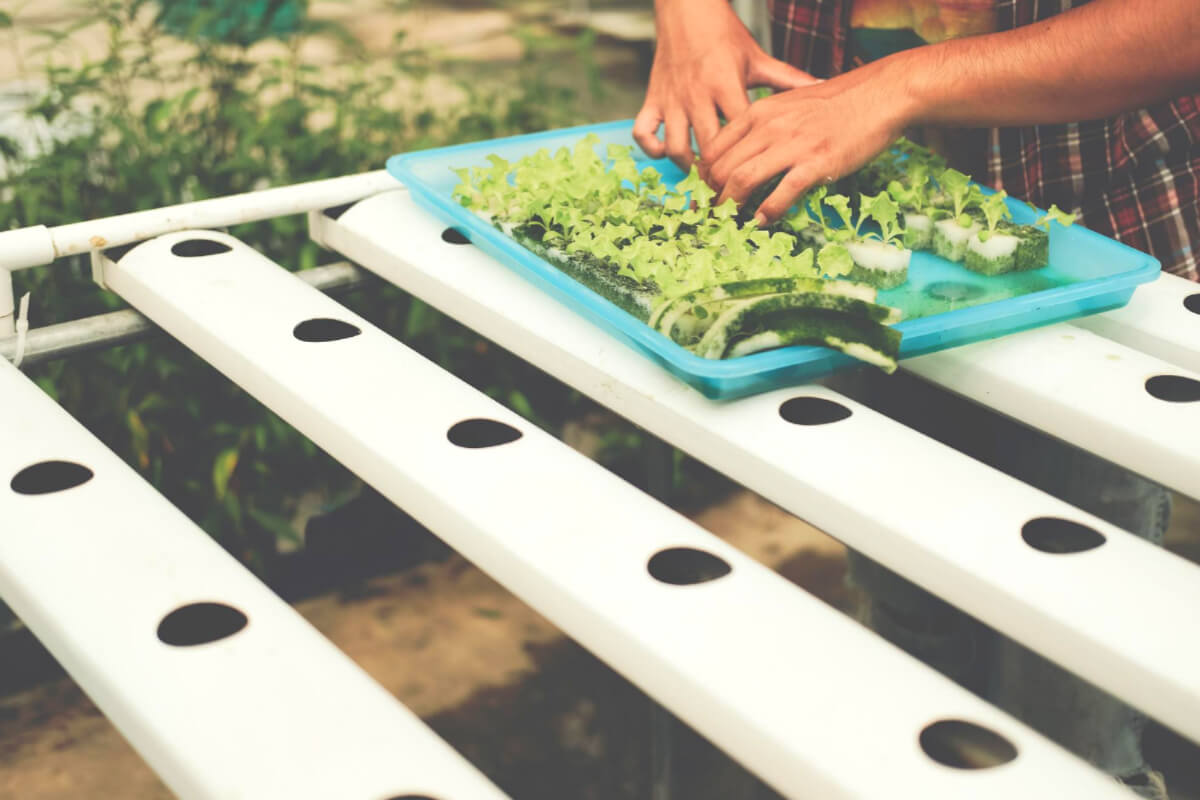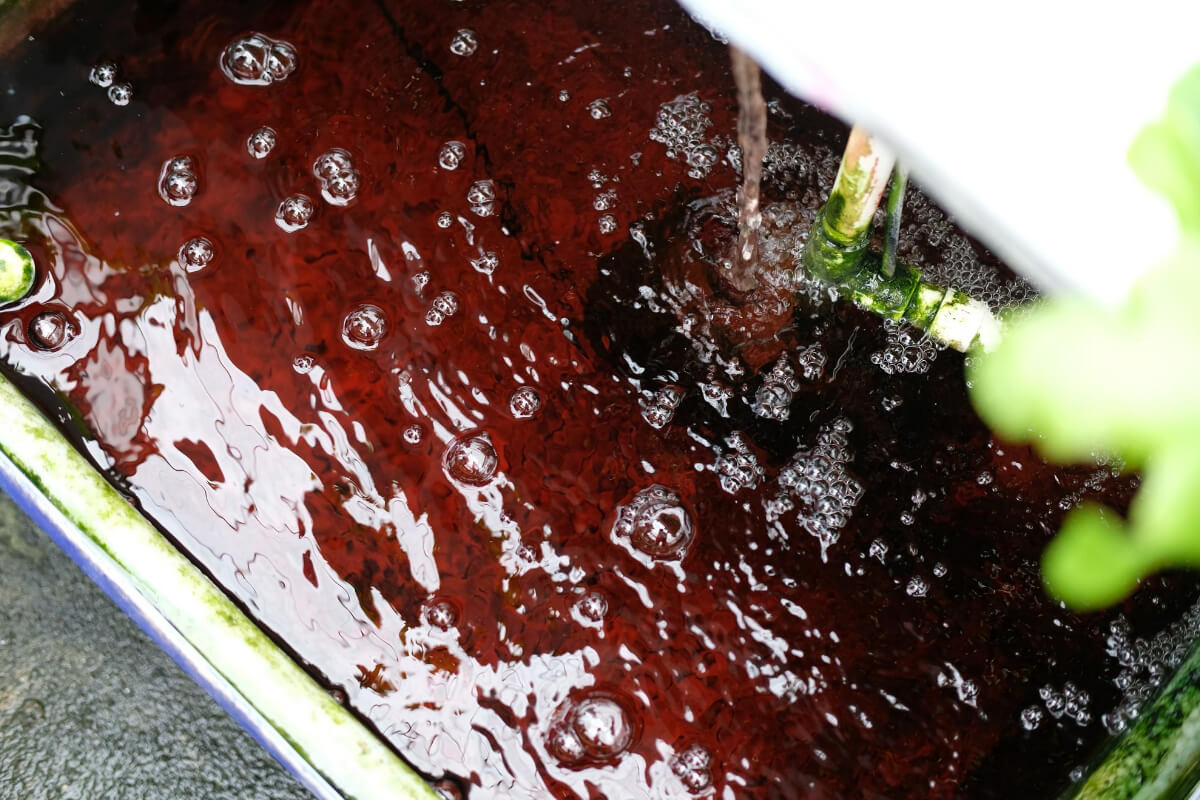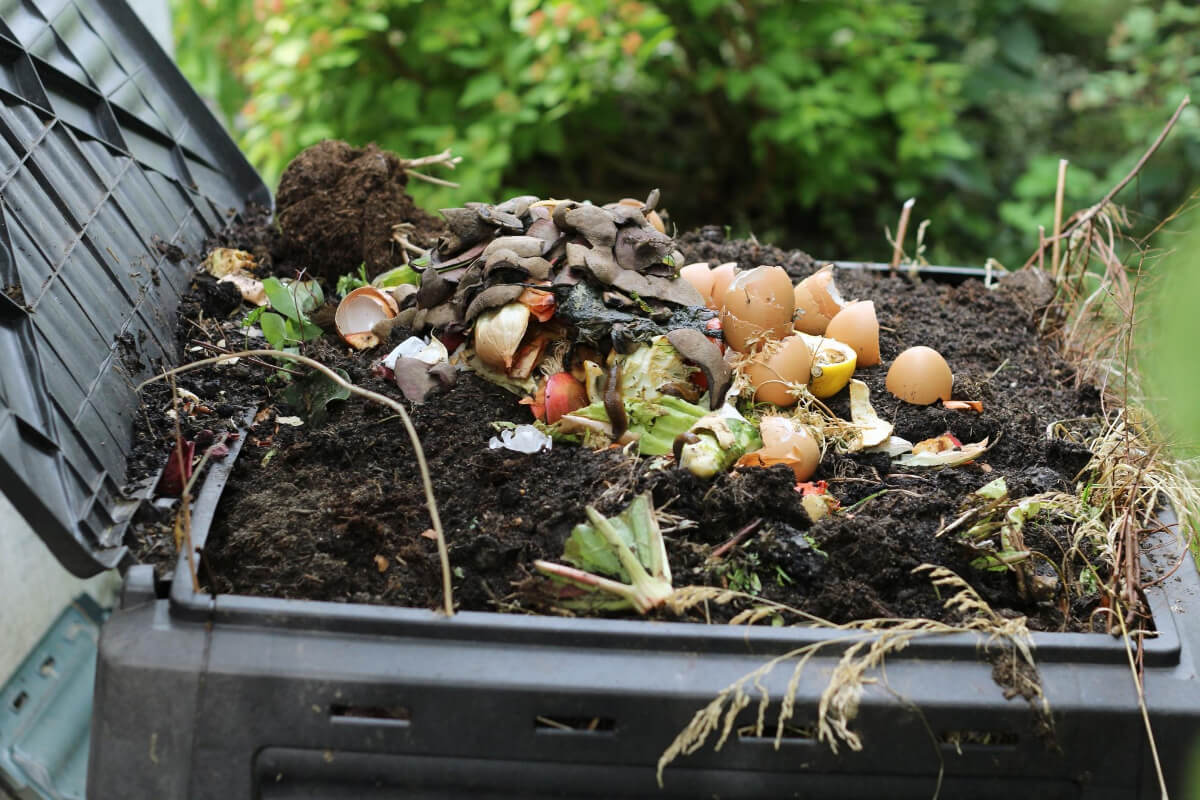You might be asking if it’s possible to raise organic vegetables using hydroponics as the demand for organic produce keeps growing. The answer is a loud yes!
Fresh and healthy produce can be grown using organic hydroponics without the need of artificial nutrients.
We’ll dive into the world of organic hydroponics and nutrients, exploring the unique requirements for organic hydroponic systems and offering tips for growing a successful, productive organic hydroponic garden.
I’ll cover everything you need to know about growing organic hydroponic crops, including organic hydroponic nutrients available on the market and those you can make at home.
You won’t want to miss this overview of organic hydroponics and fertilizers, whether you’re a seasoned gardener or a novice. So, let’s get growing!
Can Hydroponics Be 100% Organic?

Whether or not hydroponics can be completely organic has been debated for years. Typically, the focus of planting organically has to do with soil. However, in hydroponics units, there is no soil.
Despite the argument of this being a double standard, the USDA can give the USDA certified organic to hydroponically grown plants as long as it meets the standards that don’t involve soil. The requirements include no genetic engineering or synthetic fertilizers.
Organic vs Non-Organic Hydroponic Nutrients
Organic nutrients are created straight from the plant or animal source. Some examples include compost, manure, bone meal, or other completely natural materials.
You can even make your organic nutrients yourself!
Organic fertilizers and nutrients that are used for soil-based gardening may not work or will be more difficult when gardening hydroponically.
For instance, manure may clog a hydroponic unit, but it would work best if mixed with other organic nutrients.
Compared to inorganic nutrient methods, plants will absorb organic nutrients slower. Slower absorption of nutrients means fewer applications and time savings.
Inorganic or synthetic nutrients have a few nutrients and micronutrients. The nutrients are made chemically and in a lab.
Usually, they will have a high concentration of nitrogen, phosphorus, potassium, and sulfur. These nutrients dissolve quickly and will not clog the hydroponics unit. Because the nutrients dissolve quickly, hydroponics gardeners must reapply the nutrients over time.
Since gardeners must reapply their nutrients, it allows for more time for gardeners to fix their mistakes if there is a mix-up in nutrients. If there is a deficiency, gardeners can add more of the missing nutrient without fear that one mistake would kill their plants.

Benefits of Organic Hydroponic Nutrients
While I have never had a taste test to find out if organically grown hydroponic fruits, vegetables, and herbs taste better than ones using synthetic nutrients, many organic growers will argue that they do.
It all comes down to your personal preferences, but organic growers believe that their hydroponic plants have a higher nutritional content, taste better, and are healthier for you.
If you have seen the price of organic fruits and vegetables in the store, you might think that growing them is also more expensive.
However, quite a few costs are cut in comparison to inorganic hydroponics gardening. The fertilizers that are used are all cheaper or readily available.
For example, compost and manure are all things you might find in your own backyard.
When growing plants organically, gardeners will not use herbicides or pesticides. Instead, natural predators and natural materials are used.
Best Organic Hydroponic Nutrients
Marphyl Organic Liquid Fertilizer
The Marphyl Organic Liquid Fertilizer 100% organic marine phytoplankton soil enhancer is naturally rich in nitrogen, potassium, and phosphorus. It is OMRI organic certified and pet safe. It is a liquid fertilizer that works hydroponically, which is not very common.
Marine phytoplankton is micro algae that are mixed in water that will infuse right into your hydroponics plants.
All you need to do is mix a ratio of 1:20 of the liquid plant fertilizer with water about every two weeks.
Farmer’s Price Organic Blend Fertilizer Set
The Farmer’s Price set of organic fertilizers comes with three total bottles of fertilizer. The three bottles are created to be used together and can be used in all stages of the plant’s life.
Since this fertilizer is organic, there may be larger clumps of nutrients that could potentially clog the hydroponics unit. However, this fertilizer set is made to use hydroponically.
Bat Guano
Bat guano is a great natural fertilizer full of readily available nutrients such as nitrogen, phosphorus, and micronutrients. This Down to Earth mix is a good option if you want to go with bat guano.
The only ingredient in this fertilizer is bat feces, making it 100% organic!
Because this fertilizer is not liquid, there is a chance of clogging your hydroponics unit. Pay close attention to your system and clean often when using this organic fertilizer.
DIY Homemade Organic Hydroponic Nutrients

Compost Organic Hydroponics Nutrients
One of the ways to make your organic hydroponics system even cheaper is by making your own compost and using that as fertilizer.
DIY Compost Organic Nutrient Materials:
- Compost pile
- Plastic garbage can with lid
- Watering can
- Water
DIY Compost Organic Nutrient Steps:
- Create a compost pile by adding natural ingredients such as fruit and vegetable peels, yard waste, coffee grounds, tea bags, eggshells, manure, etc. As you use these items in your home, keep adding them to the pile.
- Let the compost pile sit for a few weeks while regularly turning and watering the pile.
- Fill the garbage can halfway with compost and the other half with water. Cover the can with the lid and sit it in the sun for 1-2 weeks.
- As the garbage can sits in the sun, stir the contents every day.
- Pour the water and compost mixture into your watering can with a 1:5 ratio of compost mixture to the water.
- Add to your hydroponics unit as necessary!
Tip: If your compost pile or mixture ever smells rotten add more water and stir more often.
Banana Tea
One of the most needed nutrients for plants is potassium and it is needed in every stage of a plant’s life. One of the most natural and convenient ways to get potassium is from bananas and making a banana tea potassium booster.
DIY Banana Tea Nutrient Materials:
- 3-4 banana skins
- Sugar or molasses
- Pot
- 1 liter of water
DIY Banana Tea Nutrient Steps:
- Boil three or four banana skins in a liter of water,
- Add a small amount of sugar or molasses.
- Let the solution cool and remove the skins.
- Add this to the hydroponics’ water during the flowering stage of your plants’ growth.
Seaweed Tea
DIY Seaweed Tea Nutrient Materials:
- Seaweed
- Cheesecloth
- String
- 5-gallon bucket
- Epsom salt
DIY Seaweed Tea Nutrient Steps:
- Wrap six ounces of seaweed in cheesecloth and tie it off with your string.
- Soak it in the five-gallon bucket, in the sun, for four to five days.
- Add one teaspoon of Epsom salt per gallon into the bucket.
- Either pour all of the seaweed tea into the water of your hydroponics unit or add one gallon at a time depending on the size of your unit.
Organic Hydroponic Nutrients Final Thoughts
Organic hydroponics and nutrients are a great way to grow plants without the use of chemical fertilizers.
There are several options available for DIY homemade organic hydroponic nutrients such as compost, banana tea, and seaweed tea.
Bat guano is also a great natural fertilizer full of readily available nutrients but can be prone to clogging your system.
With these tips in mind, you should have no problem creating an effective and sustainable hydroponics system!
Learn more about hydroponic nutrients with these articles:




